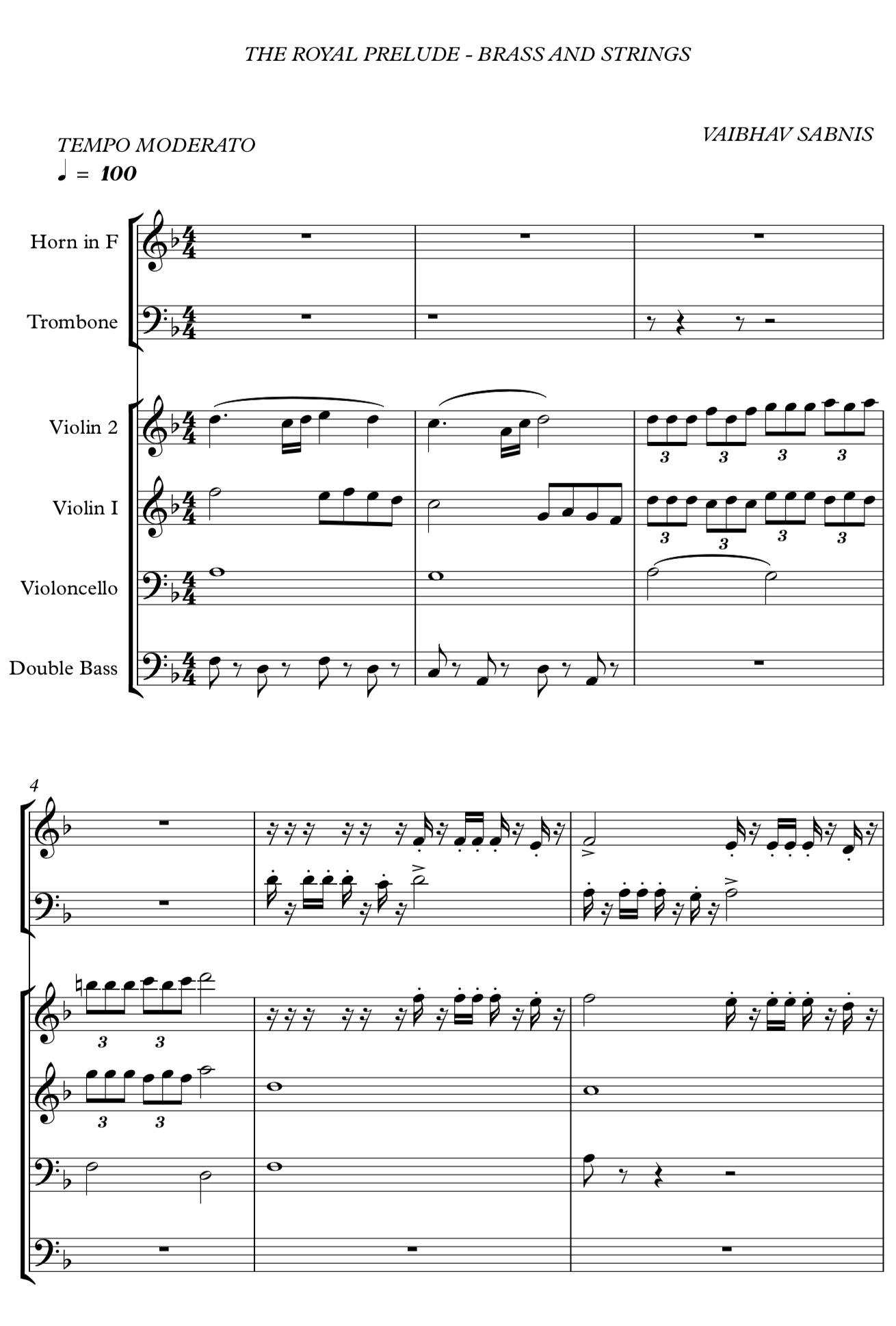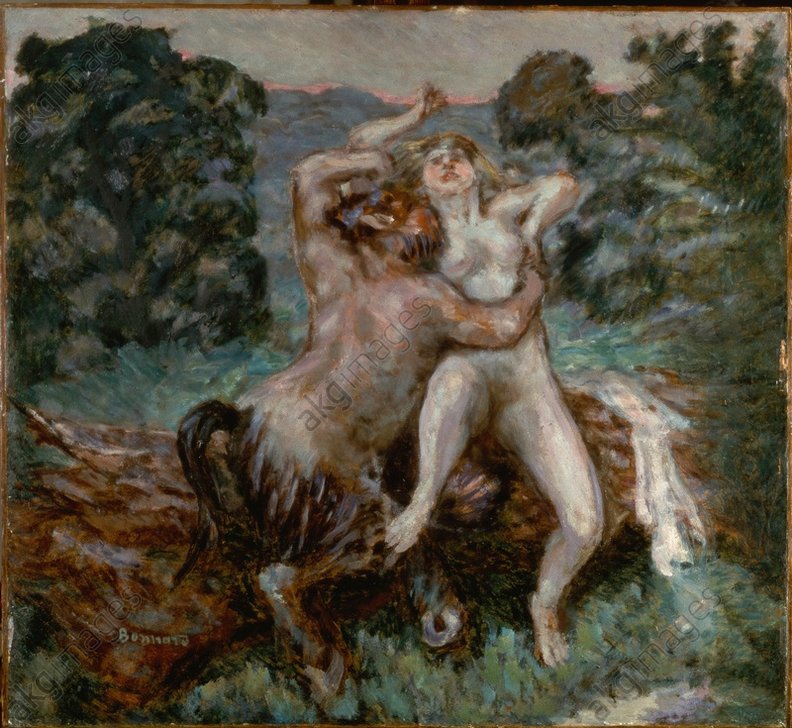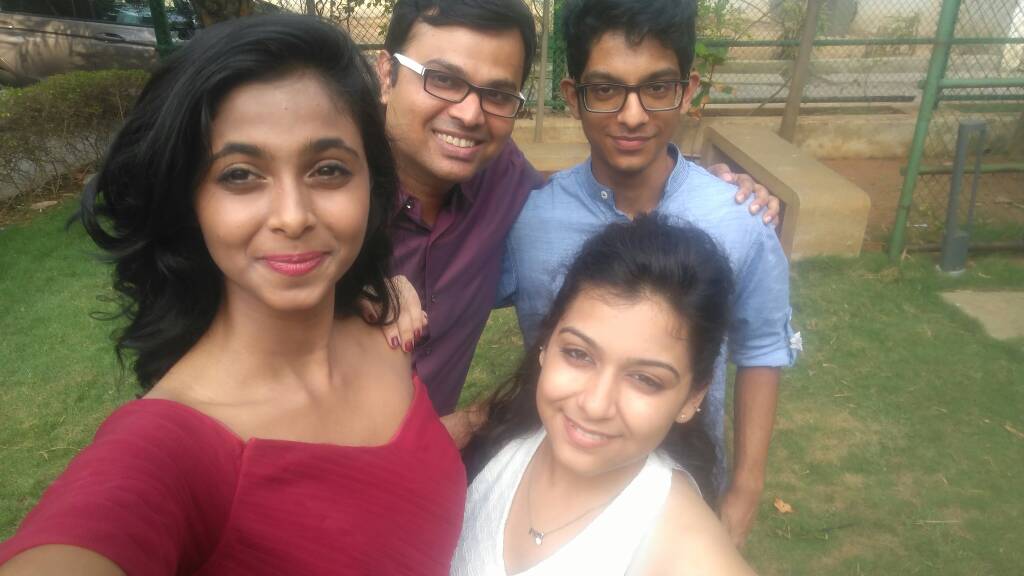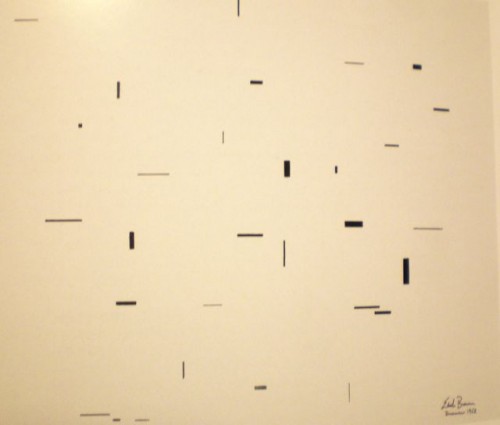On 6th January 2017, I performed for A.R. Rahman on the occasion of his birthday.
Well, it wasn’t my solo performance. I was part of the Qawwali ensemble which performed on his birthday. It’s a KM tradition that the principal visits the school on his birthday and the Qawwali ensemble performs. The best mutton biryani in Chennai is served to the students and faculty on that day. Although usually soft spoken and shy, on his birthday, he allows the students selfies and autographs.
A chosen audience of celebrities had been invited for the birthday party including the likes of Mani Ratnam, Shankar, Irshad Kamil and Sivamani. After the performance, he walked up to us accompanied by a few other guests. The first thing we, a group of young music students with a couple of our faculty, did was ask for a photograph with him. The maestro obliged but he didn’t look very pleased. After a few moments, making sure no one else was in earshot, he said,
“So what happened ? Every time the Qawwali ensemble is such a hit. How come today you guys plummeted ?”
No one spoke at first. We just hung our heads low. He wasn’t wrong. However, there had been a technical issue beyond our control.
One of the senior musician explained,
“Sorry Sir, because of the LCD screen, there wasn’t space for enough monitors and we couldn’t hear ourselves that well.”
The following day, however, we had another show on the occasion of the inauguration function for a book release. And what an awesome performance it was ! Even while performing we could see the joy on the audience’s faces. The Qawwali ensemble had redeemed itself. I was only a meagre chorus singer in the group but a few days later each of us received payment.
That cheque of Rs. 6000 was my first earning as a singer when I sang for Him !
Unfinished Cadence 7 – A series of unfortunate events
Link to the previous part (part 6) can be found here:
https://bohemianretreat.wordpress.com/2020/03/02/unfinished-cadence-part-vi-the-auditions/
The period between December and January was particularly turbulent for the city of Chennai and, in fact, entire Tamil Nadu. First of all, the beloved Chief Minister Mrs Jayalalitha, popularly known as Amma, expired in the first week of December. This was followed by a disastrous cyclone in the second week which led to several uprooted trees and property destruction. In January again, there were statewide protests against the Supreme Court order of ban on Jallikattu (a sport event where a bull is released into a closed space and contestants try to hold on to its hump). This event had cultural and economic importance to the people in rural Tamil Nadu. There were incidents of violence and vandalism right in front of our apartment and in the area around KM, where a car was set on fire, police constables were intimidated and a fire brigade truck was captured by the mob.
Meanwhile, not only did we have assignments to submit, but also had to prepare for the mid term exams at the music school. The frequent unscheduled holidays due to the above mentioned events didn’t help. My wife was in Chennai for one week for her UPSC mains and my first Western composition assignment deadline was around the same time. She was staying in a hotel in a different area in Chennai. So I had to juggle between supporting her in the stressful exams, my music assignment and my part time evening job. Luckily I had shifted into a new flat in the same Triumph apartments where it was much more peaceful. Composing and writing music using Western notations was quite challenging for most of us. I had to learn a music writing software called Sibelius. After putting in a week’s hard work when I finally finished writing a 11 page musical piece in ‘Rondo’ form (titled ‘The Royal Prelude’) for horn, trombone, 2 violins, cello and double bass, I was really proud of the achievement. Of course, I couldn’t get it performed for only the famous Sunshine Orchestra of KM music conservatory could play it, and they were too busy in their training and performances.

In KM, there were all kinds of characters, youngsters from radically different backgrounds and cultures. Some like Shivam and Kavya were slightly levelheaded and similar to me, then there was the B5 gang who were the typical ‘yo-bro’ contemporary rebellious youth, while still others like Parthhesh and Saurabh were too mature for their age. Besides them there was another mini group consisting of overtly anglicized youngsters (or so was my perception). Christina and Akira had been together since day one. Both were soprano vocalists and quite vocal characters as such. Their high pitch voices and shrill laughs would easily carry to the farthest corner of the class. Christina would also hang out with a guy named Raul, a percussionist whose primary instrument was the Marimba. We later found out that Raul was a prodigy and the youngest in class, around 17 years old. Another guy Naman used to hang out with them (who later got selected in Berklee college of music). All of them, especially the girls, had impeccable British accents and sounded like some of our faculty. I was quite curious about them although I hadn’t got to interact with them much. This vivacious (to the point of being irritating) group, however, was extremely talented, hard working and professional. They would never miss a class or get late for an assignment and were the ones who used to get the highest grades in all subjects (except Hindustani classical module). Christina and I were the only ones who would ask John questions in Music Theory, and she would ask really intelligent ones.
John’s composition class had started becoming more and more abstract in the second term as he started introducing genres of 20th century classical music where composers tended towards systematic and atonal music, forms like Serialism, Minimalism, Determinism and so on. In one class, he said,
“Today I will play a very famous piece for you called 4’33” (pronounced as “four minutes, thirty three seconds”).
He started the piece on his laptop, however, even several seconds later, we couldn’t hear any music. There wasn’t complete silence though. There were the sounds of the audience, someone murmuring and other ambient sounds which indicated a concert hall environment. Finally someone asked,
“John, when will the piece begin?”
He replied, “It has started. This is the piece. It was a live performance which lasted for 4 minutes 33 seconds. Only ambient sounds were captured.”
All of us were befuddled. The underlying idea was that there is no need to restrict music to the sounds and notes of a musical instrument or voice. Even the sounds made by the audience, radiator or a door opening is music. The sounds of nature like chirping of birds, rustling of leaves or a flowing river could also be considered music. Well, that gives me an idea for 4’33” 2.0!
Similarly, one day, John gave us the following fine specimen of random lines drawn on a paper which he said was the score of a piece called ‘December 1952’ by composer Earle Brown.

He divided us into groups of 4 or 5 and told each group to interpret and perform it in our own way. My team consisted of Christina, Raul and Naman, besides me. We were given the weekend to prepare. All of them were day scholars, still they came on a Sunday evening to rehearse. We had already formed an idea in our heads. But these guys came up with really strange instruments. Raul said he would play the timpani which is a huge bass drum needing 3 of us to shift it to the class. Naman got hold of some bell-like instrument which he called ‘Buddhist bells’ and announced he would play it. Since I didn’t have any quirky ideas, I decided to stick to the only instrument I knew, which was the piano. But I would be playing random notes and would represent the thickness and darkness of lines by loudness and duration of my notes. Each one of us played according to their own interpretation. Since there was no indication for start or finish, we divided the score into 4 parts and decided on a time, say 1 minute, for each part. Christina’s job was to keep the time and her instrument was a phone alarm which she would sound at the end of one minute (also a part of our musical masterpiece!).
This account would be incomplete without the mention of one of the strangest orchestral pieces of tonal music which we analysed at great length and it formed our group assignment for Academic Skills. One day when we entered Smith’s class, the projector displayed a long French text which made no sense to any of us. Then he displayed the English translation of the same poem. We took a collective sigh of relief only to be shocked moments later. It was a particularly cryptic poem and made no sense at first.
“These nymphs I would perpetuate.
So clear
Their light carnation, that it floats in the air
Heavy with tufted slumbers.
Was it a dream I loved?
My doubt, a heap of ancient night, is finishing
In many a subtle branch, which, left the true
Wood itself, proves, alas! that all alone I gave
Myself for triumph the ideal sin of roses….”
(thus it went for several verses)

“I am sorry, remind me when did I sign for poetry 101?” I said sarcastically.
The three of us were sitting in the lawn in front of the school building voicing our frustration after class.
“But why are we learning this and what’s the assignment,” asked Swati bewildered.
“That I can tell you.” I said, “You see, symbolism was a movement in poetry where instead of plainly describing their ideas in words, poets started using symbols or describing images which represented these ideas. For example, instead of saying I feel hopeless, I will say that – ‘The night is dark with not a glimmer of light.’
In 1876, the French Symbolist poet Stéphane Mallarmé had written this poem “Afternoon of the faun”. What Debussy did was express the symbolism through his music which he called “Prélude à l’après-midi d’un faune”.
I further continued,
“The poem starts with the description of a faun’s erotic dream. To represent a dream-like state, he has used instruments like horn, oboe and harp, put unusual harmonies and multiple key changes. Later this kind of music evolved into a movement which came to be known as Impressionism and which finds an analog in photography.”
“But what the hell is a faun ? Ye half goat-half man kaisa jaanwar hai?”
(What kind of creature is this half goat-half man?)
“Hota hoga kuch Greek mythology me, kise pata ? Jaise hamare Ganapati bhagwan hai...God with an elephant’s head.
(It’s probably something in Greek mythology. Who knows ? Maybe like our Lord Ganapati).
“Doctor, what an amazing piece this is ! I am going to play it on the piano,” declared Shivam. He was listening to it on his earphones.
“Shivam, we don’t have to play it, we have to analyse it. We should go to the library and read some literature about it.”
“No, doctor. You go to the library. I am heading straight to the piano room, I have booked a slot for now.”
We gave each other an exasperated look, as he left.
The interpretation of this poem and symphony took us several weeks and majority of the time in Academic Skills time in the second term. However by the end of the term, many of us had actually started liking and appreciating this apparently abstruse piece of music. Indeed, it is very important for artists to have a broad outlook and open mind, for they are the real guardians of liberalism in a society.
In life, sometimes even a passing friendship can be significant. While in medical college, I was frequently ridiculed for my English accent especially by some of my music friends. Few weeks before the final exam in which we were supposed to do a 10 minute recital, I sang “Eidelwiess” from “The Sound of Music” in our Performance class for practice. Some of the students told me I should work on my accent. They weren’t mean or derisive but neither did they point out any precise mistakes. So I decided to ask Christina for help as her accent was really good. We sat in the college lobby itself.
“See, you have to understand the difference between a ‘v’ and ‘w’, your lips converge on the former and diverge on the latter. Try saying water and vase.”
“While singing Eidel, your lips should be vertical, rather than horizontal, almost like saying Ei-dul.”
“Your ‘t’s should be sharp and complete. Never blunt your ‘t’s in greet or meet.”
In a span of 15-20 minutes, she corrected several mistakes in my enunciation, got me to sing the lines multiple times till I got them right or at least reasonably acceptable. She had surprisingly good analytical skills and grasp on the English language. The important lesson to learn, however, was criticism can be constructive only if accompanied by compassion and a will to find solutions.
To be continued………….

Click below for part VIII

Leave a comment